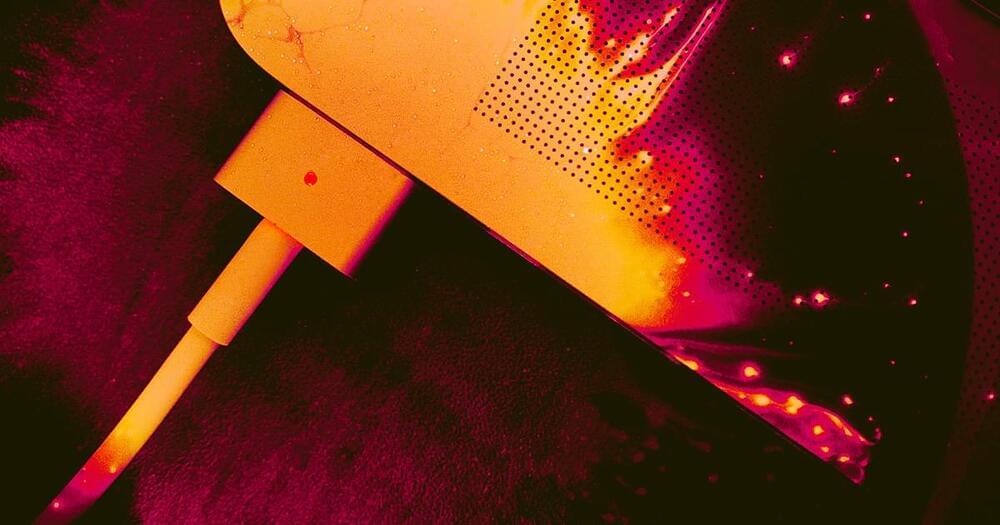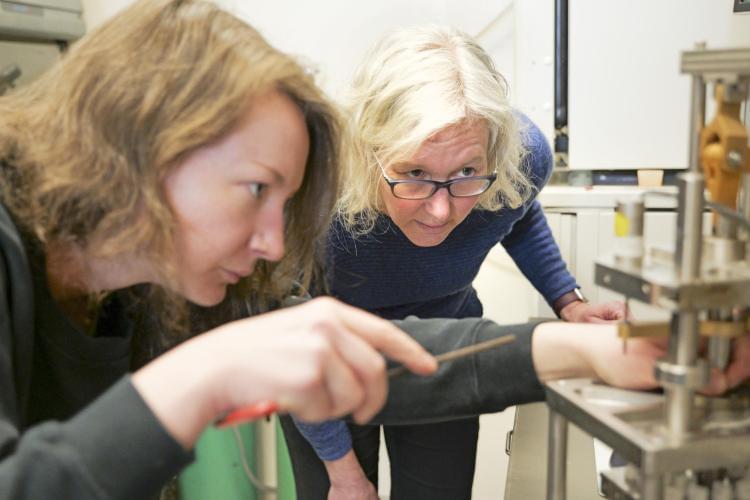Jun 1, 2024
Cesarean Section Reduces Measles Vaccine Efficacy
Posted by Shubham Ghosh Roy in categories: biotech/medical, health
Cesarean section or C-section is a surgical procedure that delivers a baby through an abdominal incision. It is commonly used when the physicians believe it is a safer route for the parent, baby, or both. Cesarean section has appeared throughout history including Ancient Greece, India, Egypt, and Rome. There are even passages on cesarean section in different religious texts. It is believed that the name was attributed to the way Juluis Caesar was born. However, in Ancient Rome a cesarean section was only performed if at the time of birth, the mother was fatally ill and could not deliver naturally. It has been recorded that Julius Caesar’s mother was present during his life, therefore, historians believe he was not delivered through a cesarean section. Medical historians now believe the term originated from a decree in which Julius Caesar ordered women fated by birth to have a cesarean section which in Latin is “Caesones”. To this day, it is still incompletely understood where the name originated.
Cesarean sections are now routinely performed, and the procedure is well established. Interestingly, long-term effects of cesarean sections are not well known. Previously physicians noted no difference in health outcomes between children born through vaginal birth or cesarean section. Recently, however, a research group at the University of Cambridge found that a single dose of the measles vaccine is 2.6 times more likely to not be effective in children born through cesarean section. Unfortunately, a lack of vaccine efficacy leads to weakened immunity due to an inadequate number of antibodies produced to fight infection. While the first vaccination produced little efficacy, researchers demonstrated that a second measles vaccine was comparable to vaginally born children. More specifically, the vaccine was effective and produced the necessary antibodies to fight infection.
The recent paper published in Nature Microbiology by Dr. Henrik Salje, concluded the long-term effects of cesarean section delivery. Researchers suggest an increased risk of measles outbreak among children that were born through cesarean section and had only one measles vaccination. Salje and others explain that lack of vaccine efficacy is linked to the infants’ gut microbiome. It is well established that children receive great exposure to healthy microbes through vaginal birth, which boosts their immune systems. By avoiding microbe exposure through cesarean section, the infant loses critical immune protection.


















